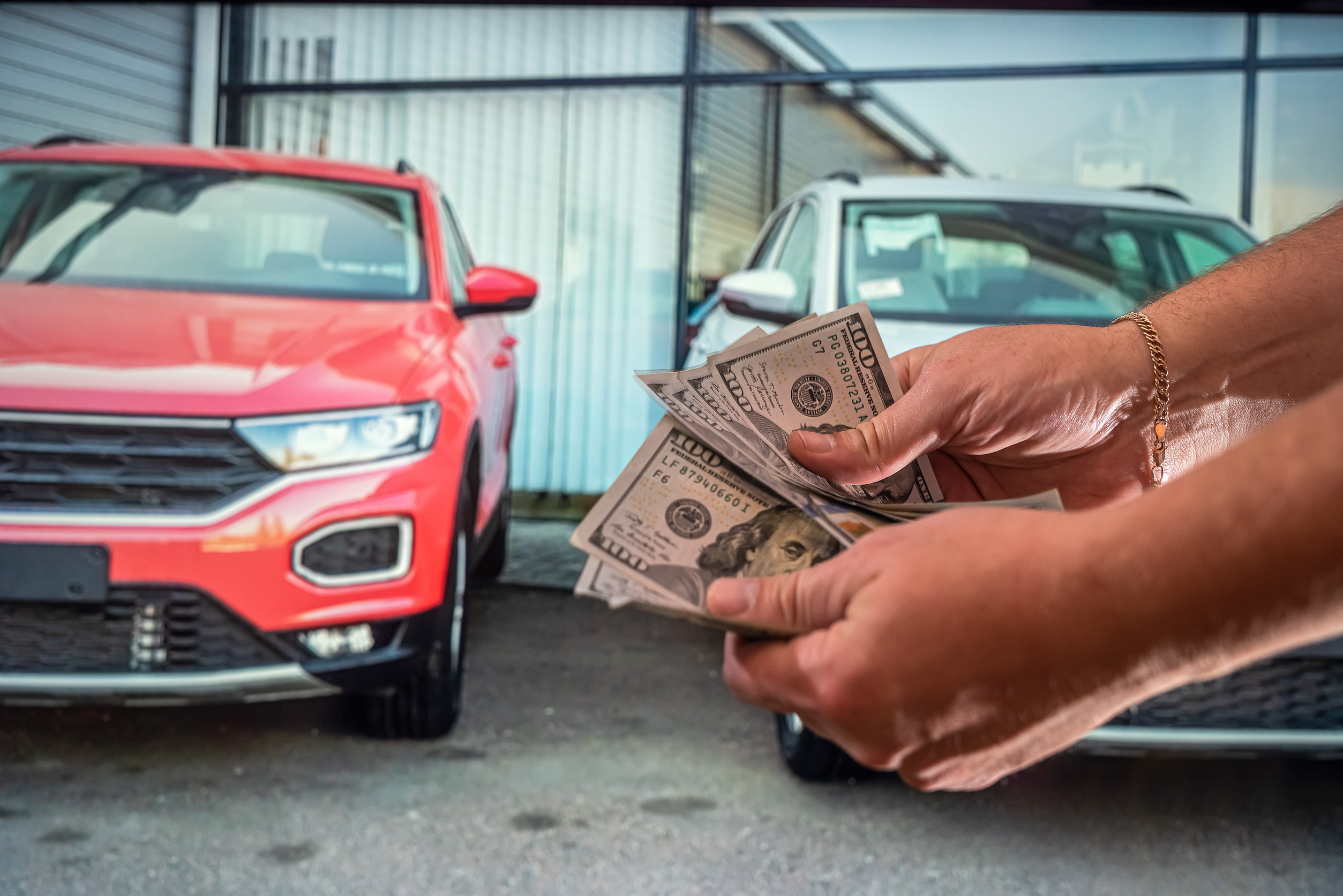It used to be a simple truth: buying a used car was the smart move. You’d dodge the steep depreciation that hits new cars the moment they roll off the lot, and you’d walk away with a decent ride for thousands less. But in 2025, that logic doesn’t hold up like it once did.
With rising demand, lower inventory, and inflated prices, the used car market has become a financial minefield. If you’re still hanging on to the idea that second-hand is the best way to save, it’s time to rethink your strategy.
Used Car Prices Have Skyrocketed
Over the past few years, the price gap between new and used cars has narrowed dramatically. Thanks to supply chain disruptions and production slowdowns during the pandemic, new cars became scarce—and demand spilled over into the used market. That led to bidding wars, dealer markups, and a surge in prices that has yet to fully cool off.
Today, many used vehicles are just a few thousand dollars cheaper than their brand-new counterparts, and in some cases, even more expensive. When you factor in higher interest rates on used car loans, the overall cost makes even less sense.
Reliability Isn’t What It Used to Be
The assumption with buying used is that you’re getting a reliable vehicle that still has life left. But the problem now is that many used cars on the market have been heavily driven and may not have been properly maintained. With prices at a premium, many buyers are settling for vehicles with more miles, hidden wear and tear, or even damage that’s been cosmetically covered up.
Warranty coverage is often limited or nonexistent, leaving you vulnerable to surprise repair bills. That reliability you used to count on just isn’t a sure thing anymore.
Financing a Used Car Comes with Hidden Costs
Getting approved for a loan on a used car can be trickier than you think, especially with current interest rates. Used vehicles often come with higher APRs compared to new cars, which adds significantly to the long-term cost.
Lenders view older cars as a greater risk, which means they protect themselves by charging you more. And because many used cars are overpriced to begin with, buyers often end up underwater on their loans right away. That puts you in a tough spot if you need to sell or trade in the vehicle sooner than expected.
Repairs and Maintenance Can Break the Budget
Unlike new cars, used ones don’t come with the peace of mind of a full warranty or complimentary maintenance. That means every oil change, brake replacement, and surprise repair is coming straight out of your pocket. Modern vehicles are also more complex than ever, with sensors, computer systems, and tech packages that are costly to fix when they go wrong.
You may think you’re saving money upfront, but a few unexpected repairs can quickly wipe out any initial savings. And since many of these vehicles are out of their prime warranty period, you’re on your own when something goes wrong.
Depreciation Isn’t Working in Your Favor
In the past, a used car had already taken its biggest depreciation hit, making it a better value over time. But because so many people overpaid during the recent car shortage, resale values are now wildly inconsistent. You might buy a three-year-old SUV at an inflated price today, only to see its value crash in a year when the market corrects itself. That puts you in a precarious position if you ever want to sell or trade in your vehicle. Instead of riding the wave of smart depreciation, you’re now riding the risk of a market correction.
So, What Should You Do Instead?
If buying a used car doesn’t offer the financial upside it once did, what’s the better move? Consider leasing or buying a new vehicle with favorable financing terms and long-term value. Automakers are beginning to catch up with production, meaning incentives, rebates, and low-interest offers are making a comeback.
A new car may cost more upfront, but with better fuel efficiency, warranty coverage, and fewer maintenance costs, it often comes out ahead over time. You also get the benefit of the latest safety features and technology that many used cars simply don’t offer.
Leasing Might Be the Smarter Move
For people who don’t drive excessive miles or want a newer vehicle every few years, leasing can be a surprisingly good option. Monthly payments are often lower than buying, and you’re not responsible for long-term wear and tear. You also avoid the hassle of selling or trading in your car when it’s time for something new. And with more predictable costs and no out-of-warranty repairs, budgeting becomes easier and less stressful. While leasing isn’t for everyone, in today’s market it can provide more value and peace of mind than buying used.
Certified Pre-Owned Still Has a Role — But Be Cautious
If you’re still leaning toward a used vehicle, certified pre-owned (CPO) models offer a safer path. These cars have been inspected, reconditioned, and come with extended warranty coverage that offers some peace of mind. However, the CPO price tag is higher—and often gets close to what you’d pay for a new vehicle.
And with used car prices still inflated, even CPO deals need to be evaluated carefully. It’s not enough to trust the “certified” label anymore—you still need to do your homework and compare prices closely.
Electric Vehicles Are Changing the Game
One more reason to rethink used cars: the rise of affordable electric vehicles. With federal tax credits and improving infrastructure, EVs are no longer just for early adopters. Models like the Chevy Bolt, Tesla Model 3, and Hyundai Ioniq offer compelling value when you factor in fuel savings and lower maintenance costs.
And because many used EVs have battery degradation concerns and limited resale value, buying new actually makes more financial sense. The automotive world is shifting fast, and sticking to the old rules might leave you behind.
Rethink the Old Rules
For decades, buying used was a badge of financial savvy. But in this new market, clinging to that approach could actually cost you more in the long run. Higher prices, more risk, and less value are making used cars a tough sell. It’s not about abandoning the idea completely, but rather being willing to explore smarter options for your needs and budget. Whether that’s leasing, buying new, or going electric, today’s best move is to stay informed—and flexible.
Have thoughts or your own experience navigating today’s car market? Share your story or drop a comment below—we’d love to hear from you.
Read More
Your Parents Sold You Their Car: 10 Things To Do If The Car Turns Out To Be A Lemon
9 Things You Must Check Before Buying a Car



Leave a Reply